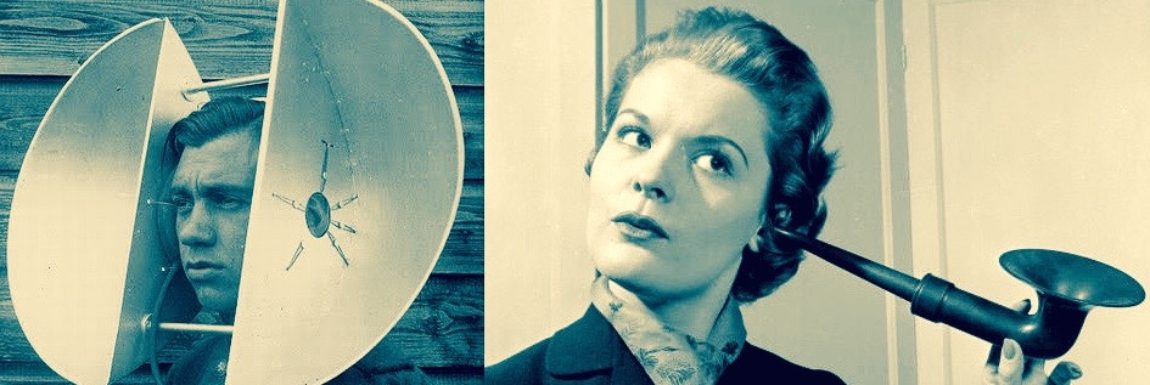Hearing aids are expensive. But that’s for another post. There is government financial assistance available for Canadians. The amount and your eligibility depends on where you live.
It’s not easy to come up with a definitive cross-country guide since many of the rules and regulations are confusing to say the least. (Any clarifications or updates are welcome) So consider this a rough guide:
On the federal level, the cost of hearing aids and assistive devices are tax deductible under the medical expense category along with items such as dentist bills. Frankly, it doesn’t usually add up to much but keep those receipts.
The feds also offer assistance to veterans and First Nations.
The provinces and territories offer a patchwork of financial aid and it differs greatly. If you live in Ontario or Quebec you are lucky. Elsewhere, not so much.
I have put a simplified reference guide to together to explain what each province and territory provides.
British Columbia
There is no provincial funding assistance for the general public. Hearing aids for Children under age 3 ½, however, are covered at least for the first purchase.
As with all provinces there are programs for folks on social assistance.
Alberta
Alberta Health provides financial assistance through Alberta Aids to Daily Living (ADDL) program for the purchase of hearing aids for children under 18, and seniors 65 and older.
If you are a senior, regardless of income, you are reimbursed for 75% of the hearing aid cost up to a maximum of $900. for one ear only. If you are a low income senior you can get one, and if necessary two hearing aids, and be reimbursed 75% up to a maximum of $2,400. The same formula applies if you are between 18 and 64 and have a low income.
Saskatchewan
You are completely out of luck in Saskatchewan unless you are on social assistance.
Manitoba
Manitoba only has financial assistance for children. There is no coverage for hearing aids for those over 18 unless you are a client of the disabled provincial group called the Society for Manitobans with Disabilities. If so you may qualify for a percentage rebate of up to 2500.00 to purchase necessary assistive devices, including hearing aids.
Ontario
Thanks to former premier Mike Harris, Ontario is one of best places for the hard of hearing to live. Not many people would say “thanks” to the rather unpopular politician but hearing aid buyers owe him at least a tip of the hat.
The Ontario Government’s Assistive Devices Program will reimburse up to 75% of hearing aid costs up to a maximum of $500 per ear or 1000.00 for both regardless of income. The paperwork is handled by registered vendors. You become eligible every 5 years.
Quebec
Quebec also has a generous program. The government will cover the cost of one hearing aid for anyone with a designated level of hearing loss, and two hearing aids for those who are under 19 or alternately, over 19 and employed or at school.
The government bulk purchases hearing aids at a discount price. Then supplies them cost free to those whose level of hearing qualifies them. In other words the government pays 100% of the cost of the hearing aids it purchases. The catch: if you want a different model you are on your own.
Prince Edward Island
There is no financial aid for the general population.
Young people up to the age of 21 are eligible for funding assistance when ordering aids through provincial audiologists. Low income adults, including seniors may also qualify for assistance.
New Brunswick
NB Medicare does not cover any hearing aids. The Social Development Department offers some funding to cover the cost of basic models. But only for residents who are already clients of social services.
Newfoundland and Labrador
The Provincial Hearing Aid Program buys hearing aids in bulk (like Quebec) and provides them to residents who qualify. They will supply free hearing aids valued up to $1,300 for one or $2,600 for two.
Those who qualify are children up to age 18, all students including full time adult students. For anyone over 18 who is not in school, hearing aids are provided only for low income people.
Yukon
Generally speaking only seniors, age 65 and up, qualify for assistance up to a maximum of $600 regardless of whether they need one or two devices. That applies every four years.
Northwest Territories
Seniors age 60 and up are eligible for a subsidy up to $675. per ear. There is also additional help with the costs of fittings and molds.
Nunavut
Extended health benefit program will pay a maximum of $500. per ear plus the fitting fee and mold costs every 5 years.


A fascinating and useful website. Thanks for sharing.
how do we apply?
Assume you are Canadian. Best bet is to get info is to ask your audiologist, or whoever has or will supply your hearing aids. They will often process or include the government rebate in the cost depending on your province. Hope that helps.